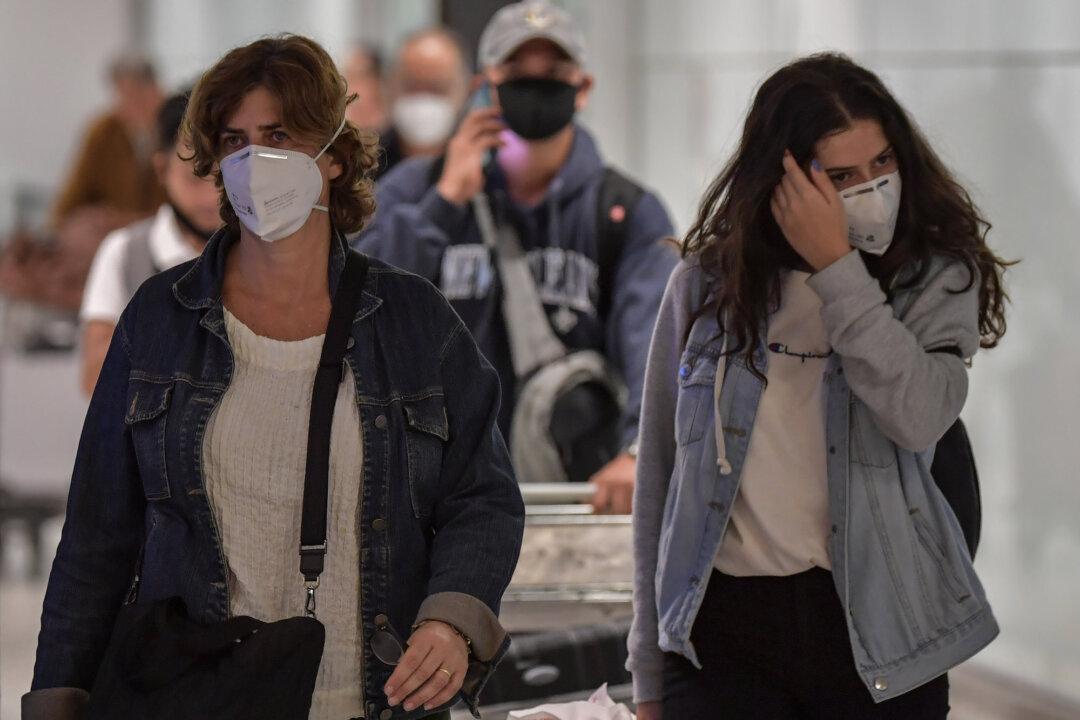The Centers for Disease Control (CDC) is urging healthcare facilities to increase the use of telehealth, in hopes of slowing the transmission of the COVID-19 virus and minimizing contact with possible patients.
Telehealth uses telecommunications technology to offer healthcare services to people without the need to visit a healthcare facility. Some of the services include remote diagnosis, treatment, and virtual health education.





